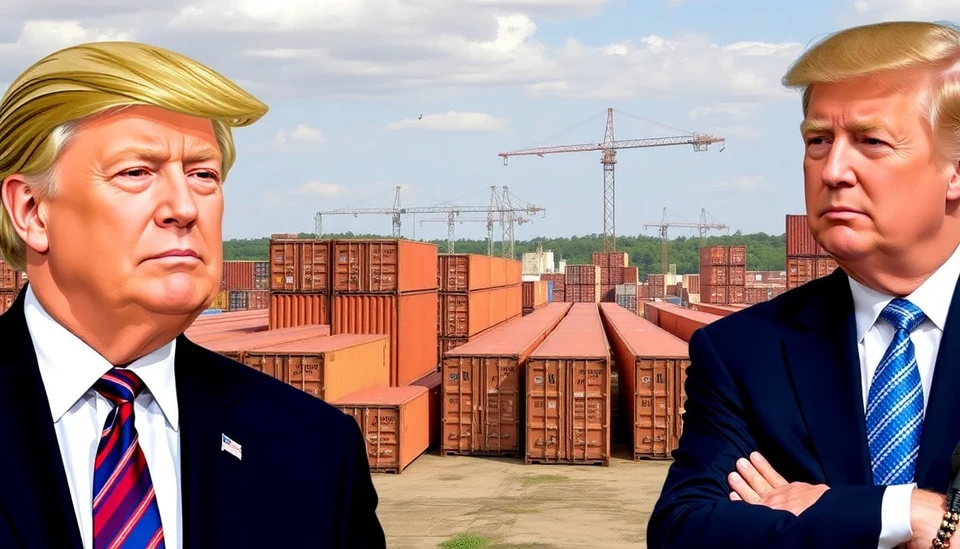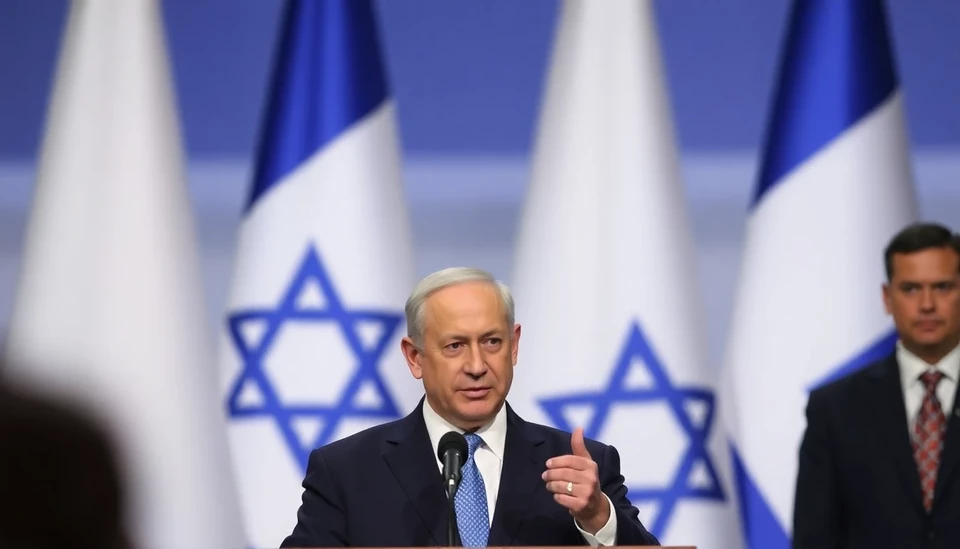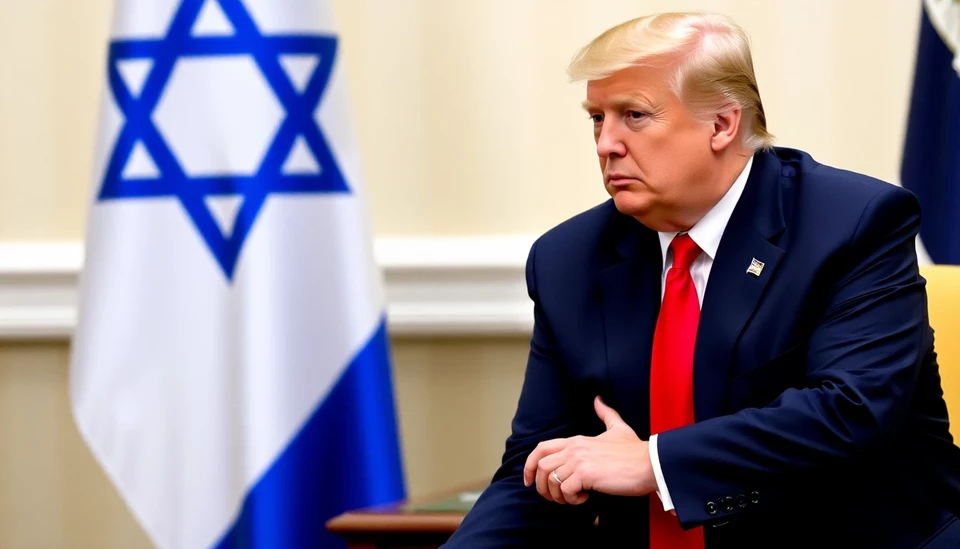
In a surprising turn of events, the close relationship between Israel and the Trump administration has not shielded the Israeli economy from the harsh realities of international trade policies. Israel is facing significant tariffs on its exports to the United States—a consequence that is stirring concern among Israeli businesses and government officials alike.
The Trump administration's trade policies, particularly its imposition of high tariffs on various imports, have affected a wide range of countries around the globe. Initially, many viewed Israel's strong diplomatic ties with the United States as a potential buffer against these measures. However, recent developments suggest that this closeness may not suffice to protect Israeli businesses from rising costs associated with tariffs.
President Trump’s administration has been steadfast in its commitment to prioritize American manufacturing and jobs, leading to a series of tariffs on countries deemed as potential threats to U.S. economic interests. Israel, despite its strong strategic alliance with the United States and a shared commitment to regional security, has not evaded this tightening trade environment.
According to Israeli officials, exports to the U.S. could rise significantly in cost, impacting sectors such as technology and agriculture. These high tariffs could hit small and medium-sized enterprises hardest, potentially stifling growth and innovation in industries crucial to Israel’s economy.
The implications of these tariffs are already reverberating throughout Israeli markets, with investors expressing concerns over the decreased competitiveness of Israeli products in the U.S. market. The agricultural sector, notably, faces a difficult road ahead, as the cost of exporting goods to the United States may reduce price competitiveness, thereby influencing the overall demand for Israeli exports.
In response to these challenges, the Israeli government is exploring various avenues to mitigate the economic impact of U.S. tariffs. Officials are considering negotiations to secure exemptions or re-evaluations of tariff thresholds, hoping to establish dialogue with the current U.S. administration to lessen the blow on bilateral trade relations.
Experts are now urging both nations to consider the long-term ramifications of ongoing trade tensions. While political alliances may hold strong, economic policies enforced through tariffs could unravel decades of mutual trade benefits. As discussions continue, the focus remains on finding an equitable solution that addresses both American and Israeli economic interests.
As the situation develops, stakeholders on both sides of the Atlantic are watching closely, aware that a resolution is critical not only for immediate trade relations but also for the future of the economic collaboration that has long benefited both nations.
With the next steps uncertain, Israeli businesses brace themselves for an unpredictable trading environment, navigating the complexities of U.S. tariffs while hoping to maintain their foothold in one of their most significant markets.
In conclusion, the evolving trade landscape serves as a stark reminder that political alliances, however robust, do not necessarily translate into economic security. The intersection of trade and diplomacy is complex, and as both nations grapple with these changes, the outcomes will undoubtedly shape the future of their partnership.
#Israel #US #TradePolicy #Tariffs #TrumpAdministration #EconomicImpact #Exports #InternationalRelations #BusinessNews
Author: Daniel Foster




